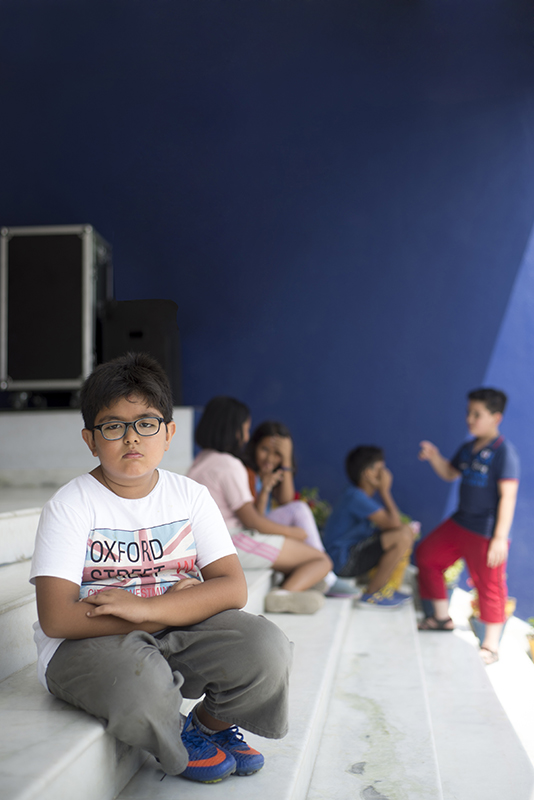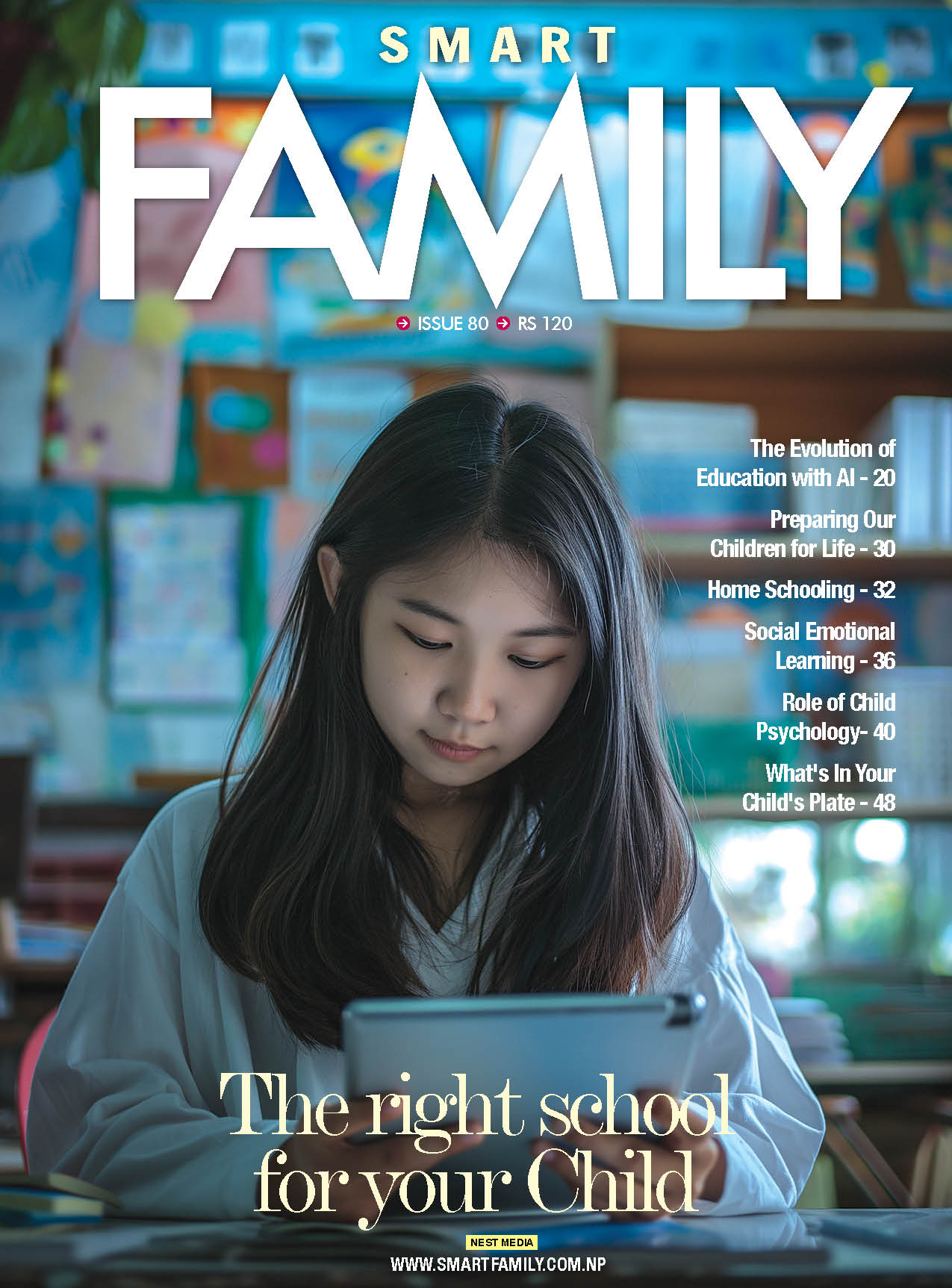Helping Your Child Deal With Socail Exclusion
Social exclusion among children is more prevalent than often thought. But their negative effects can be gently reduced if parents take remedial steps on time.

Being parents is one of the toughest jobs in the world. And even though it is a 24-hour universal job, parents still have not been able to come up with a concrete job description, let alone the perfect way to carry out the responsibilities. The truth is: there is no one perfect way to parenting. So when it comes to social exclusion of a child, parents often understandably feel helpless despite their having taken all the measures to avoid it.
Social exclusion is the inability to participate in social, economic and cultural environment effectively, mostly for economic reason, or by virtue of being from a minority group or marginalized community. The victims are excluded from or denied basic rights and opportunities. As children, it may be difficult to deal with social exclusion at school, at home or among friends. Thus, when you are faced with such situations the following recommendations could be useful.
Watch out for signs
First things first, watch out for any abnormal signs that your kids may be showing. Children, especially teenagers, tend to distant themselves from their parents and not share their problems. So it becomes the responsibility of parents to be keenly interested and carefully notice any changes in their behavior. Some of these changes in behavior include appearing depressed, not getting involved in their regular hobbies, making excuses to not go to school or social gatherings, talking about not having friends, facing changes in sleeping and eating habits, and deteriorating academic performance.
Start the conversation
This might be one of the most difficult tasks to do as a parent of a teenage kid but it is also one of the most important. Try to be a friend rather than a parent while starting a conversation. It is important for kids to know that you want to talk to them in order to understand them, and not to scold them or to tell them that they are wrong. One of the reasons why kids hesitate to share with their parents is because of the fear that they might be grounded for their mistake or punished for their actions. It is important to earn their trust, and make them feel that you’re their friend.
Be affirming
Be responsive to your children and make time for them. It is important to make them feel loved and to let them know that they are being taken care of and that you have their back. Show them how appreciated and valued they are in your life and the life of the people around them. Make your kids feel safe and secure.
Look for friendship
One of the best ways to prevent social exclusion is helping children have healthy friendships. Having at least one good friend can make a lot of difference in their life. Look for ways to help your child make better friendships. Encourage them to seek out friendships and remind them that people excluding them and bullying them are not the only people in their life. Instead, encourage them to take control of their life and to find new people that will make them feel better.
Encourage them to participate in extracurricular activities
Encourage them to join book clubs, adventure clubs, public libraries, etc, where they can find like-minded people and make better friends. Some of the recommendations are painting classes at House of Palette, archery lessons at The Best Archery, wall climbing at Astrek Wall Climbing, creative workshops at Karkhana, dance classes at Nepal Dance Academy, or any other language or skill building classes. Participating in such classes not only helps them make friends but also helps them build their skills and improves their coping mechanism.
Track their online presence
Help kids stay away from unhealthy friendships both online and offline. It is crucial to understand what your kids do online and what kinds of friends they have. Most often kids who feel socially excluded take refuge in the online world and may fall into the trap of the dark side of the internet. It may be difficult for parents to know much about the virtual world their kids live in because of the generational and technological gap. But parents should try to learn about the online world as much as they can to understand the risks associated with the internet. However, this doesn’t mean that parents should keep their kids away from the internet and ask them to deactivate all their accounts. Parents must learn as well as teach the kids about cyber security so that they do not fall into the trap of hanging out with the wrong circle.
Do not hesitate to consult an expert
Parent may not always have the expertise to deal with all complicated situations of social exclusion. In such cases, they should not hesitate to consult a pediatrician or a child counselor. These experts can help detect teen depression and also screen for thoughts of suicide. Moreover, it also helps the child to be able to talk to someone besides their parents. Some recommendations include professional counselors from Ankur Counseling Centre, Nepal Academy of Psychology and Kanti Children Hospital.


